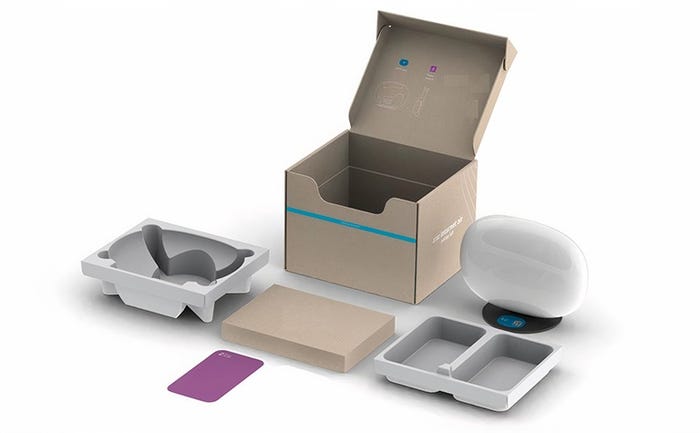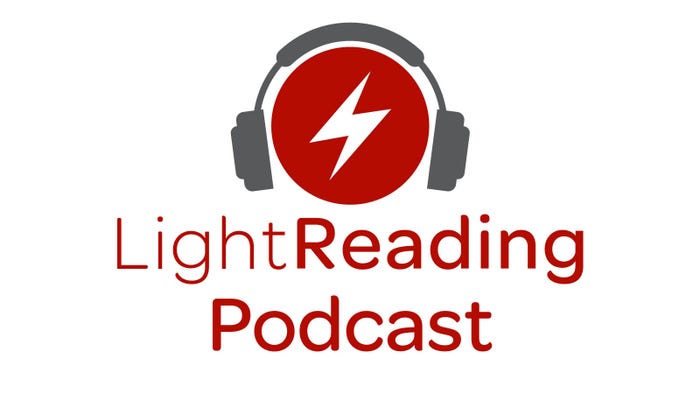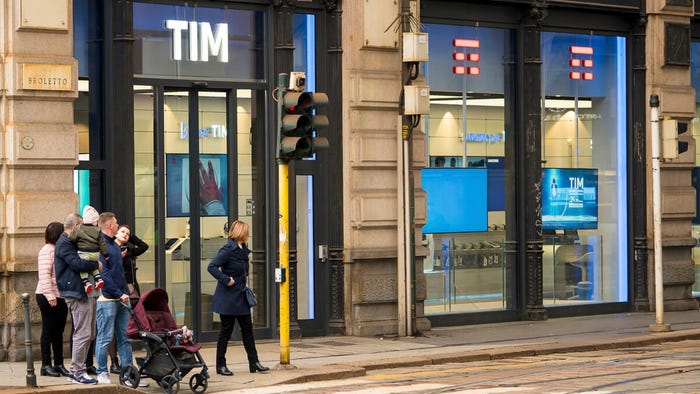thumbnail
FTTX
Grain buys majority interest in 123NETGrain buys majority interest in 123NET
Investment firm Grain Management said it purchased a majority interest in 123NET, which operates a 3,100 route mile fiber network across Michigan. #pressrelease
Subscribe and receive the latest news from the industry.
Join 62,000+ members. Yes it's completely free.





.jpg?width=300&auto=webp&quality=80&disable=upscale)



































